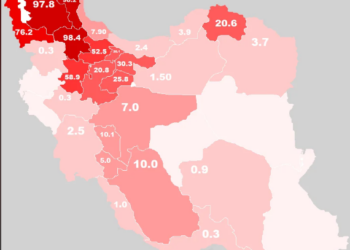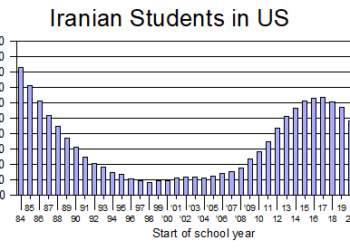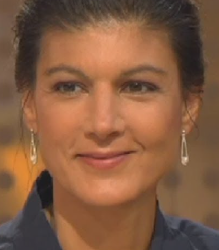His remarks were aimed at the domestic audience.
He said that Iran’s notable accomplishments were in the realms of science, technology, economic development, culture and public hygiene. It wasn’t clear what he meant by public hygiene, but Tehran used to be the largest city in the world without a sewerage system and has recently gotten the first sections of such a system.
Speaking on a television news program, Salehi said that such accomplishments as Iran has racked up in those areas mean that “the Islamic Republic has turned into an indisputable power” and that it is gradually establishing its clout on the global stage.
This is actually a step backward from what President Ahmadi-nejad has long claimed—that Iran is the major power on the world stage because nothing can be done without its participation.
Salehi pointed to the recent uprisings across the Arab world and said Iran’s clear trend of progress over the last three decades of Islamic rule has set a model that others aspire to.
Responding to a question on Iran’s position regarding the developments in Bahrain, Salehi said, “We support the demands of the people of Bahrain just as we have supported the uprisings of the people of Egypt, Tunisia and Yemen.” He did not mention Syria or Libya. Nor did he mention the fact that Iran did not support the uprising in Tunisia until its leader had already fled or the uprising in Egypt until the eve of President Hosni Mubarak’s departure, days after the United States had already called for Mubarak to leave.
Salehi added that the Islamic Republic would continue to support the legitimate rights of the Bahrainis by taking into account “the principle of non-interference in the internal affairs of other countries.”
US officials have said Iran has delivered very small numbers—in the single digits—of weapons to Bahraini rebels, just enough to be a token of support, and has also advised the rebels not to join any dialogue with the Bahraini government.


















